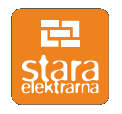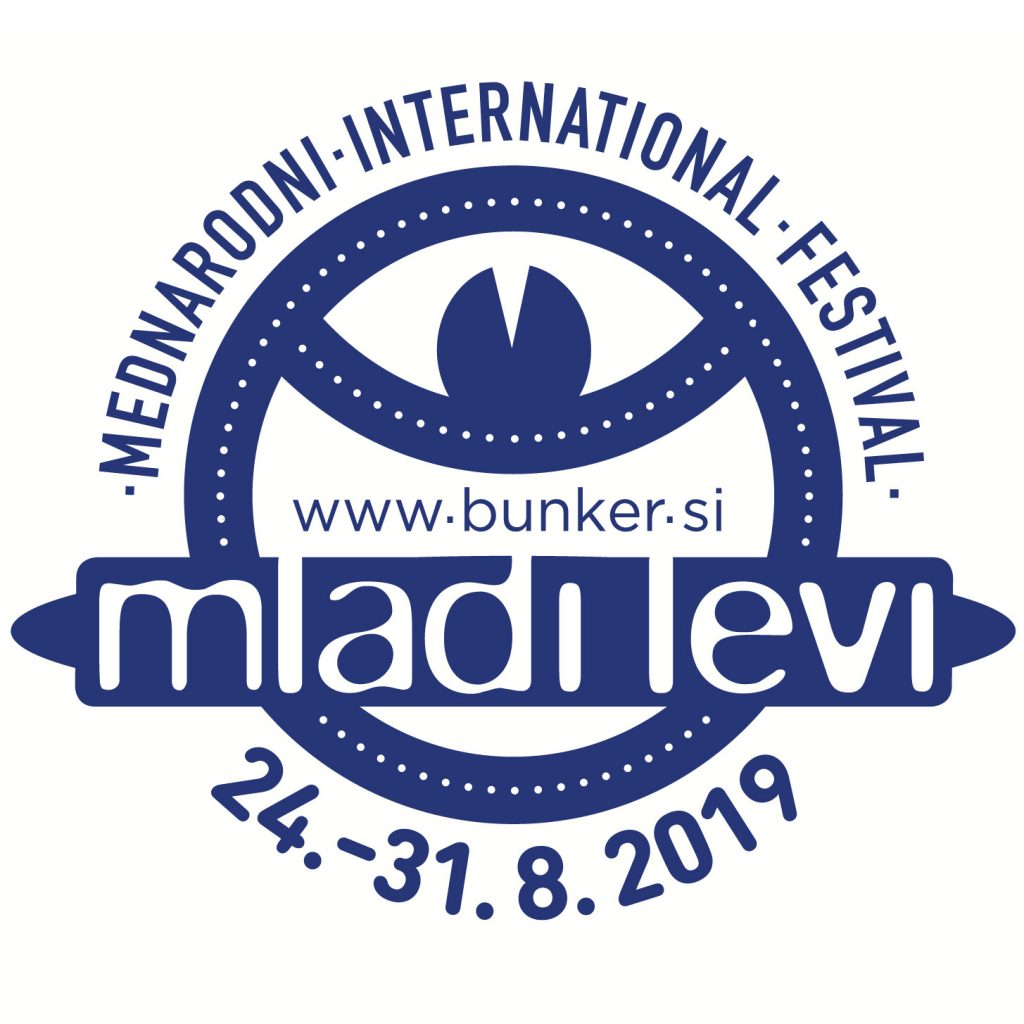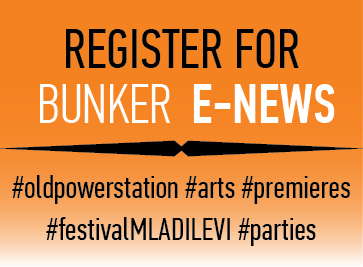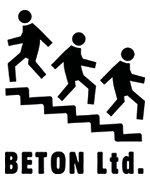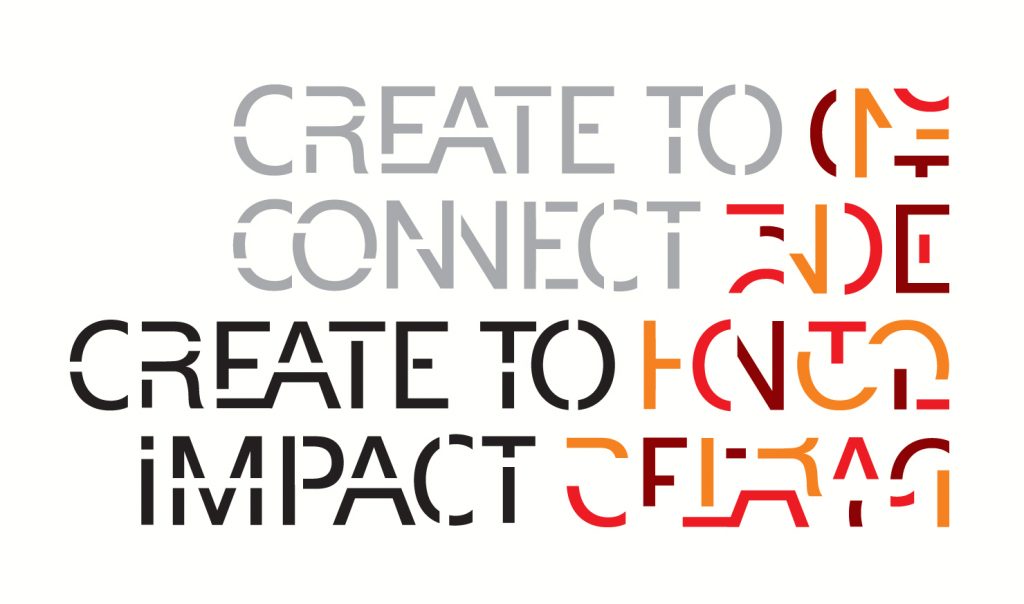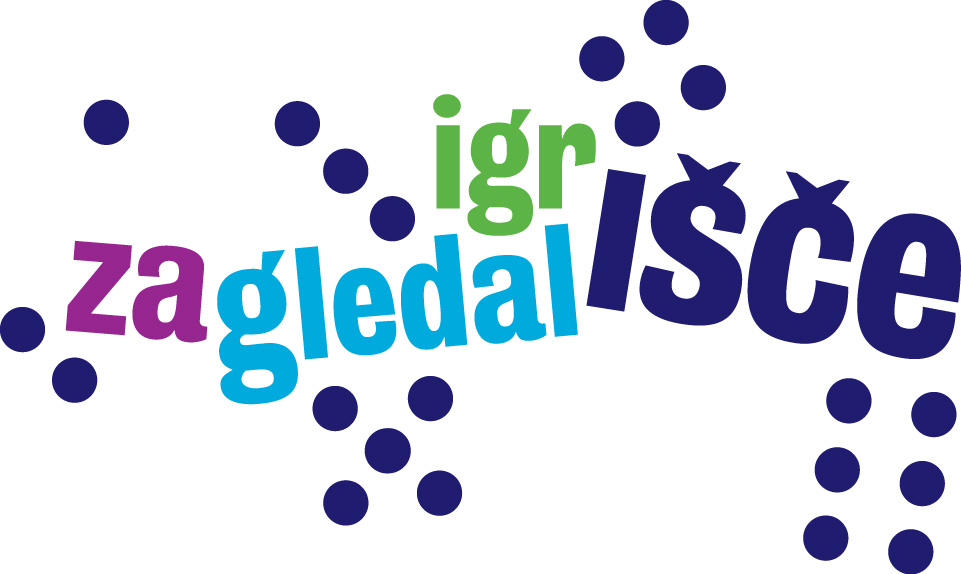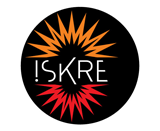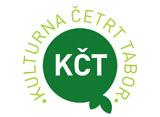Ready to Change International Conference: NEW POLITICAL MYTHOLOGIES AND ART
 The cognitive science is proving more and more that the facts do not directly correlate or influence our understanding of the world. The climate change debate testifies to this: even though the evidence corpus is compiling and the science community is backing the claims that the climate change is man-induced, the shift in acting upon facts not beliefs still has not happened (therefore the sentence: I do not believe in climate change). Our beliefs are shaped by dominant narratives or mythologies and internalized through the filter of our personal narrative – story of our role and position in relations.
The cognitive science is proving more and more that the facts do not directly correlate or influence our understanding of the world. The climate change debate testifies to this: even though the evidence corpus is compiling and the science community is backing the claims that the climate change is man-induced, the shift in acting upon facts not beliefs still has not happened (therefore the sentence: I do not believe in climate change). Our beliefs are shaped by dominant narratives or mythologies and internalized through the filter of our personal narrative – story of our role and position in relations.
How are these big narratives constructed and how do they become ideologies will be explored through the optics of art that has the power of constructing narratives – theatre is especially strong here. We will tackle the theme on the scale from individual stories to the scale of dominant political mythologies and through all the performing arts genres – from storytelling to big mind-shifting (iconic) events.
In the frame of the Mladi Levi festival.
Programme:
August 26
11.00 Tony Chakar: On Possibilities, Unlearning, Undoing lecture and debate
15.00 Robertina Šebjanič and Miha Ciglar: Subaquatic sound scape
17.00 Crvena: State of Emergency covert lecture
August 27
9.30 breakfast with artists
11.00 Mitja Velikonja and Sandi Abram: When Walls Speak: the Ideology of Graffitti and Street Art in Ljubljana lecture walk
16.00 Artistic interventions followed by debates.
- Maja Smrekar
- Maria Lucia Cruz Correia
- Waldemar Tatarczuk
Attendance is free of charge, lectures and debates will be in English. Registration and information: info@bunker.si Key-note speakers: Tony Chakar Lebanese architect and writer. He belongs to a generation of Lebanese artists and thinkers whose primordial themes are war and the post-war, which they view with a critical eye due to their focus on the processes of getting at the historical truth. It can be said that his platform is memory as a performance practice. His work also involves ways of thinking that go beyond the traditional architectural focus by incorporating literature, philosophy and theory. He is an exceptional lecturer that draws inspiration from far past to current events and is able to reflect the dominant political mythologies from various angles and enjoys finding gaps or logical discrepancies in today’s dominant political narratives. Mitja Velikonja and Sandi Abram Mitja Velikonja is the Chair of Cultural Studies at the Centre for Cultural and Religious Studies at the University of Ljubljana. His main areas of research include Central-European and Balkan political ideologies, subcultures and urban cultures, collective memory and post-socialist nostalgia. He is interested in how contemporary political mythologies can be deconstructed or unveiled and how they manifest themselves in all areas of human expression, lately his interest is mainly graffiti and football fan clubs. Sandi Abram is a researcher in the field of graffiti and street art and a founder of daily Ljubljana graffiti tours. His final thesis was “From graffiti to graffiti: street creativity in a vice of incorporation practices” and is editing an edition of Journal for the critique of science on street art. Their lecture will begin with a guided graffiti walk around Ljubljana, “reading” ideology from visual messages, followed by an open-air lecture. Armina Pilav I live and work between Sarajevo (B&H) and Venice (IT). I obtained Ph.D. in Urbanism at the Doctorate school of IUAV in Venice. My research is focused on the characteristics of the contemporary city that has recently experienced war or other urban conflict. It includes the territory as a concept that contains rural and urban, social and cultural, physical and symbolic spaces and people’s imageries about it. As citizen, architect and artist I was always interested in the processes of interactions among the citizens and the city. I have published several scientific papers on the topic of conflict and post-conflict territories and their imagination with Sarajevo as a case study. In October 2014, I presented my research work about war and post war cities at the Venice Bienalle of Architecture. I’m an active member of Crvena – Association for Culture and Art from Sarajevo. I have expertise in methodological and bibliographical training for urban studies, developing participatory and interdisciplinary projects and how to present them, and research practices in territories across the former Yugoslavia more generally.
***
First Ready to Change experimental forum happened in Ljubljana in December 2010 in the frame of international platform Sostenuto: culture as factor of social and economic change. Since then two more forums took place in Ljubljana and several others have been going on in different places (Valencia, Istanbul, Sarajevo, Casablanca). Ready to Change plays the role of an observatory: identifying and highlighting innovative artistic and cultural practices amongst cultural, academic or civil society players who, through their work, are addressing issues of democracy at a European level. It is a format which includes debates, lectures, and artistic interventions.
 |
|
||
 |
|
||
| |
|
||

